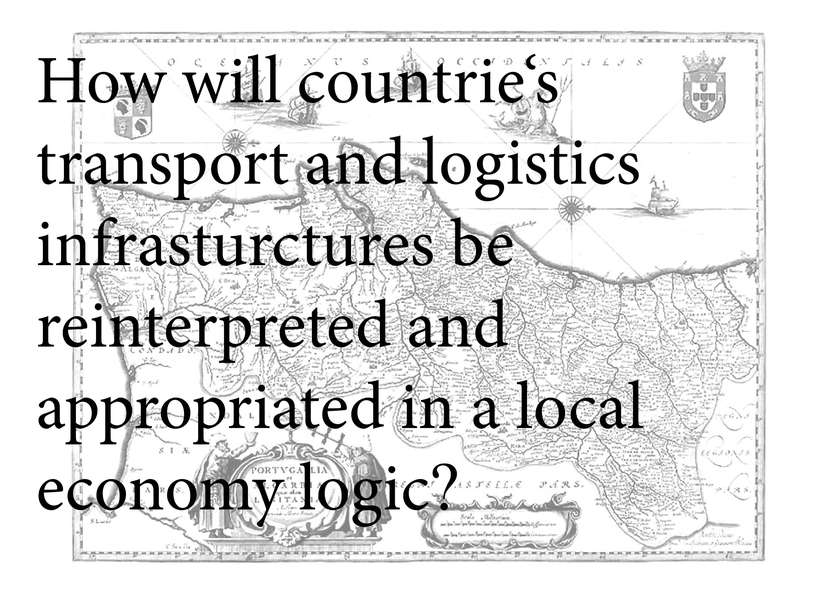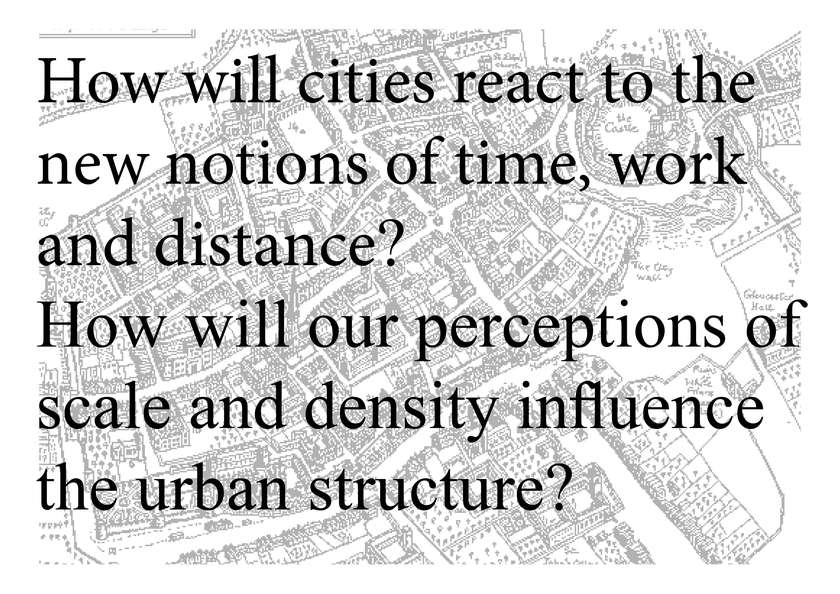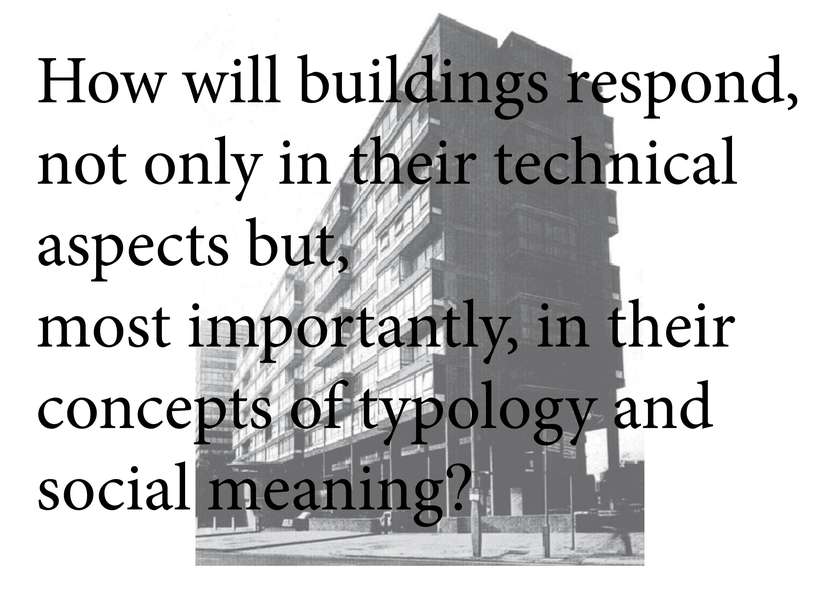Idea by
Francisco Moura Veiga
Call for ideas 2016
Overview
Overview

Future architecture will be characterized by its capacity of response to the social and technical needs of the post-growth society. This has to be done from a position of overview.
The way we perceive and occupy the planet, all basic infrastructures (sanitation, water, energy, transport), food production and distribution, typologies (housing, commercial, industrial), these elements of our built environment have to be rethought according to the new needs and goals of society.
By analyzing three scales; nation, city and house, I wish to present possible ways in which architecture can tackle these challenges.
I do not offer a vision of architecture as form, I propose a vision for it as a social event; architects will have stopped investing themselves in partial solutions and will have taken a step back, out of the current system, to a position that offers them the needed overview to reflect on how to redesign and reinterpret our built environment from a holistic perspective.
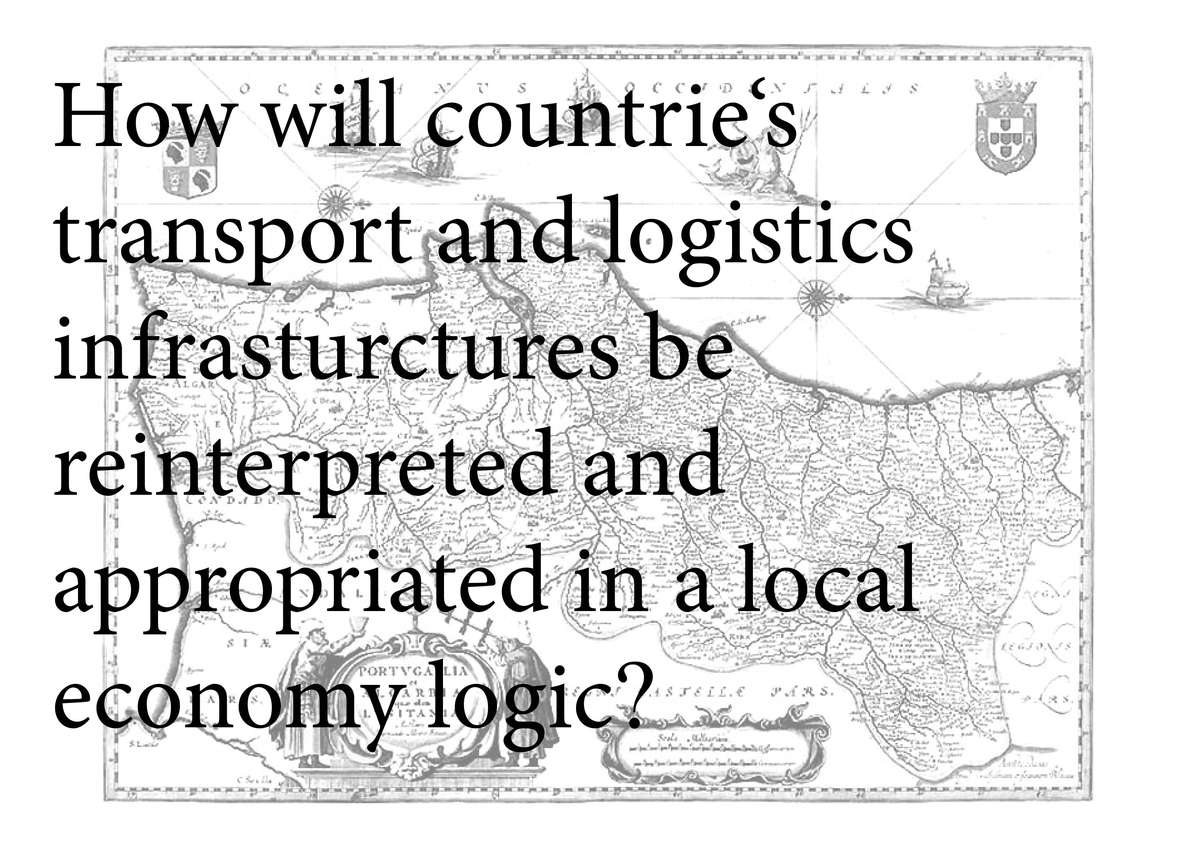
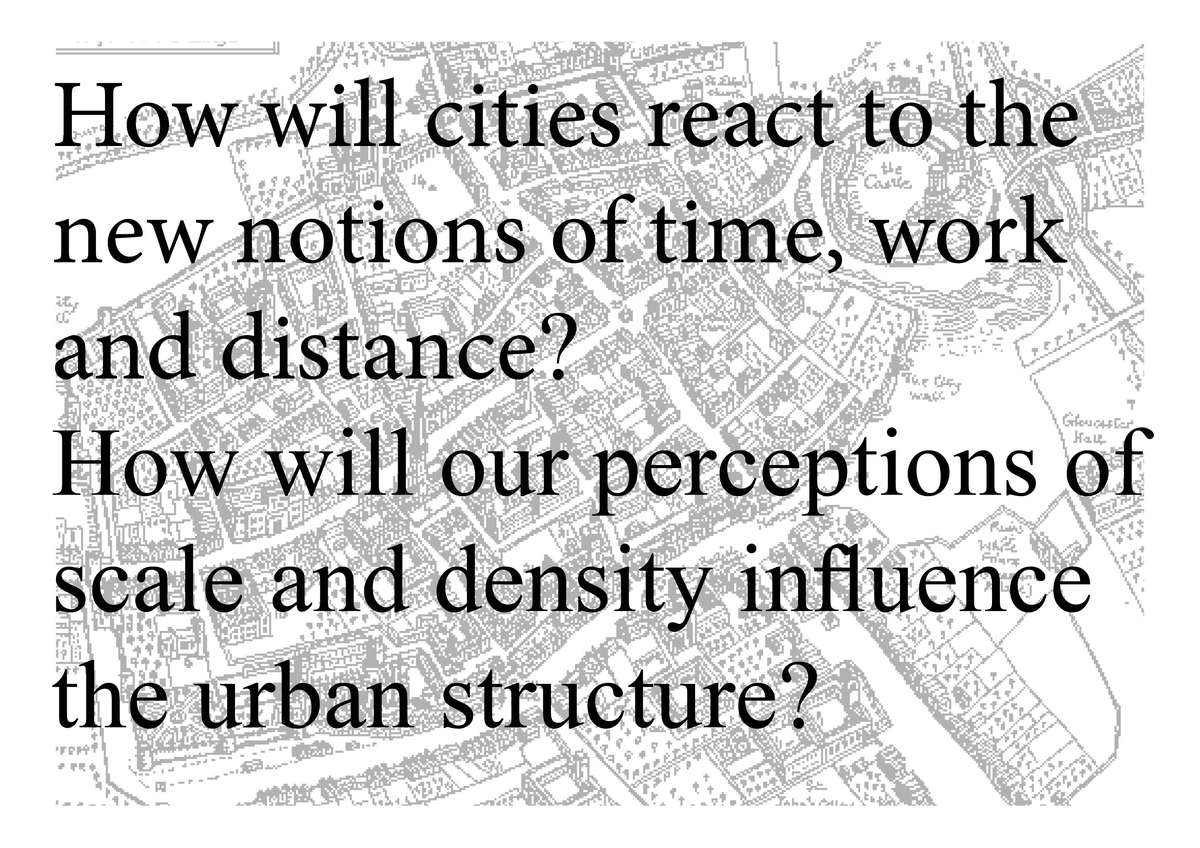
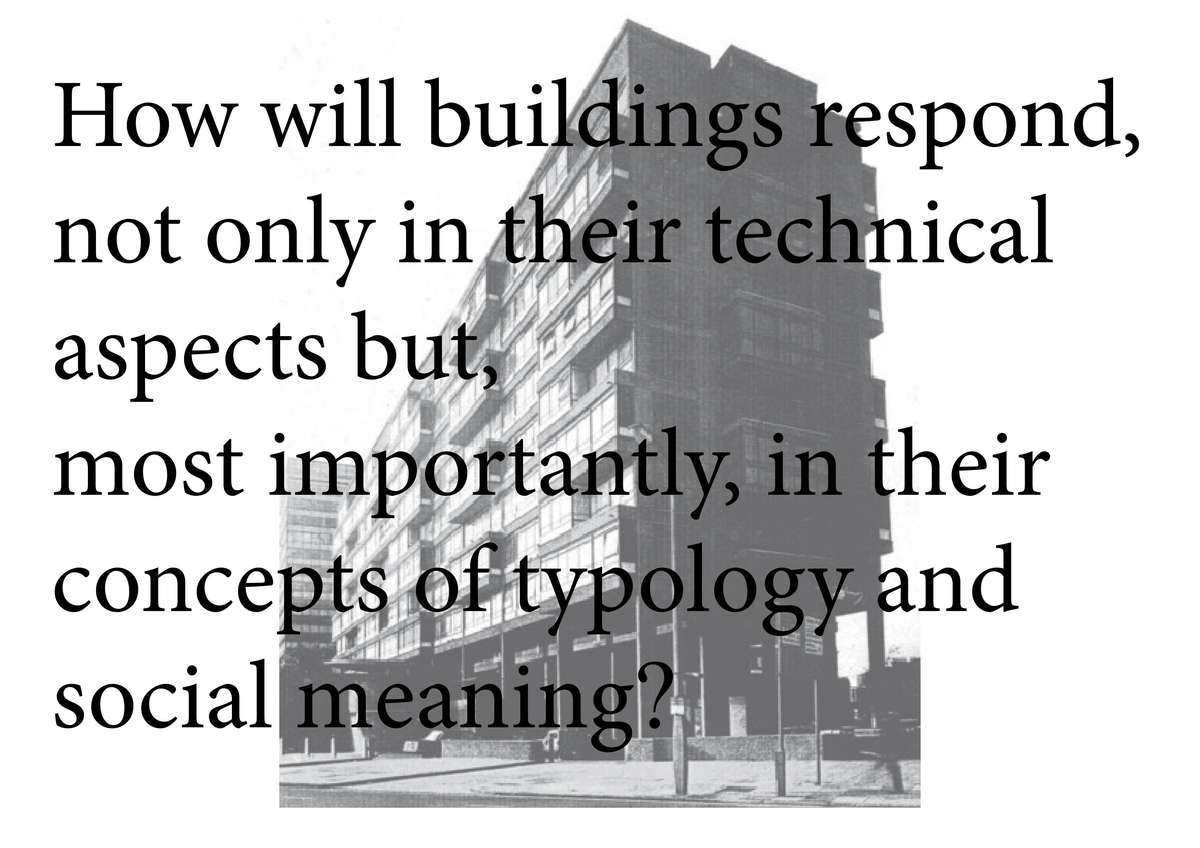
Overview
Overview

Future architecture will be characterized by its capacity of response to the social and technical needs of the post-growth society. This has to be done from a position of overview.
The way we perceive and occupy the planet, all basic infrastructures (sanitation, water, energy, transport), food production and distribution, typologies (housing, commercial, industrial), these elements of our built environment have to be rethought according to the new needs and goals of society.
By analyzing three scales; nation, city and house, I wish to present possible ways in which architecture can tackle these challenges.
I do not offer a vision of architecture as form, I propose a vision for it as a social event; architects will have stopped investing themselves in partial solutions and will have taken a step back, out of the current system, to a position that offers them the needed overview to reflect on how to redesign and reinterpret our built environment from a holistic perspective.
